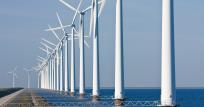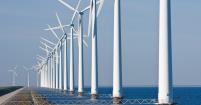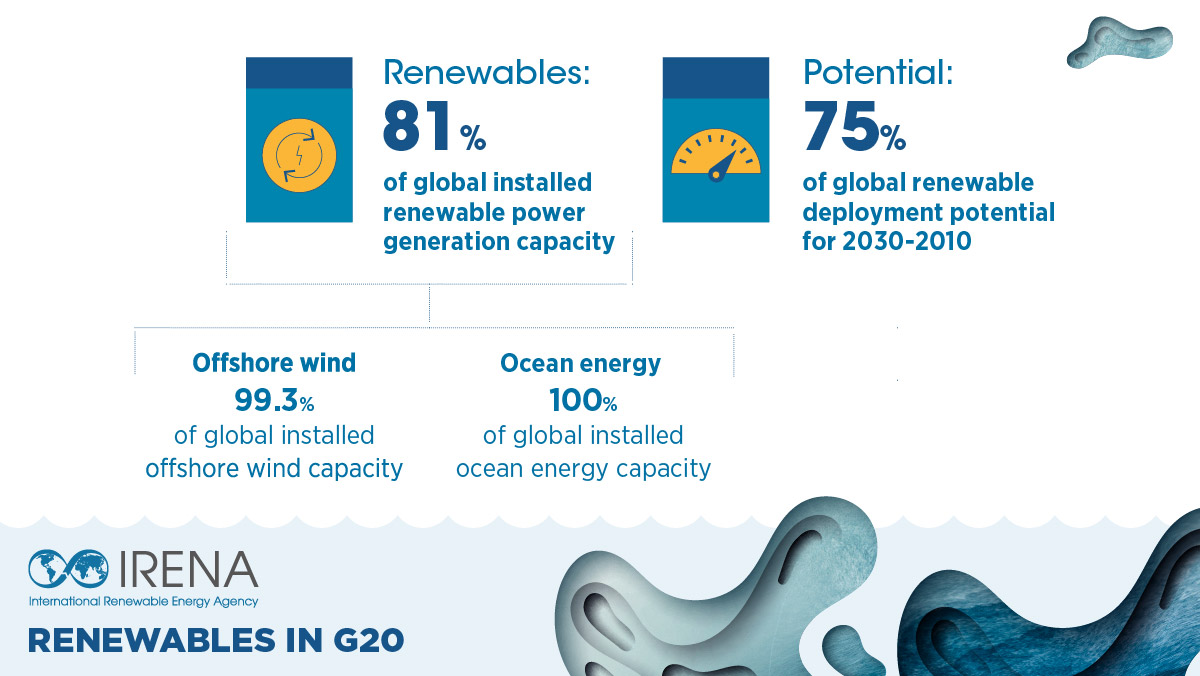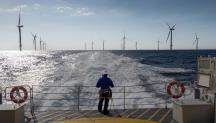

IRENA Outlines Action Agenda on Offshore Renewables for G20
Newsletter
Boosting offshore renewables will accelerate the energy transition and allow G20 countries to build a resilient and sustainable energy system, a new report by the International Renewable Energy Agency (IRENA) finds. Offshore Renewables: An Action Agenda for Deployment actively contributes to the G20 agenda by identifying actions which support the commercialisation of offshore technologies such as wind, wave, tidal, ocean thermal and floating PV in pursuit of extending their deployment worldwide. The report was launched by IRENA’s Director-General Francesco La Camera during the meeting of G20 Environment, Climate and Energy Ministers in Naples.
“Offshore renewables have the potential to meet more than twenty times of today’s global power demand”, said Francesco La Camera, Director-General of IRENA. “Particularly offshore renewables constitute a critical pillar for decarbonising energy systems and fostering a global blue economy. I congratulate the G20 Presidency for their forward-looking decision to integrate offshore renewables in the G20 agenda. IRENA is pleased to support the G20 Offshore Renewables Action Agenda with our energy transition expertise and valuable input from our global membership.”
To put the world on a climate-safe pathway, IRENA’s 1.5°C scenario foresees a massive growth of offshore wind, ocean energy and floating photovoltaic in the coming decades. Offshore wind for example would increase from 34 gigawatts (GW) today to 380 GW by 2030 and more than 2,000 GW by 2050. Ocean energy would represent additional 350 GW of offshore renewable generation capacity by 2050.
Today’s report includes 50 concrete actions that G20 countries could take while defining their national strategies for offshore renewables. Suggested actions include the strengthening of oceans governance in line with UN Law of the Sea, the integration of offshore renewables in national marine spatial planning and early planning for infrastructure like underwater cables and grids. Policy frameworks, international cooperation and investment in R&D are key recommendations to drive offshore globally. The report recommends to promote financing for offshore within the “Finance Track” of the G20.

Offshore renewables have the potential to greatly contribute to SDG 14 on the sustainably use of oceans while boosting blue economy activities such fishery, shipping and tourism. A blue economy fuelled by offshore renewables would help islands and countries with coastal areas to meet their national goals aligned with the Paris Agreement and 2030 Sustainable Development Agenda.
The G20 is well placed to foster offshore renewables. Members account for the vast majority of global economic activity and trade and are home to over three-quarters of total offshore renewable installed capacity to date. 99.3% of total offshore wind capacity and nearly all installed ocean energy capacity globally can be found in G20 countries.
Today’s report was prepared by IRENA on the request and to the Italian Presidency of the G20. It benefited from the input of the G20 Working Group on Energy and insights by IRENA’s global membership gained under the Agency’s Collaborative Framework on Offshore Renewables.




